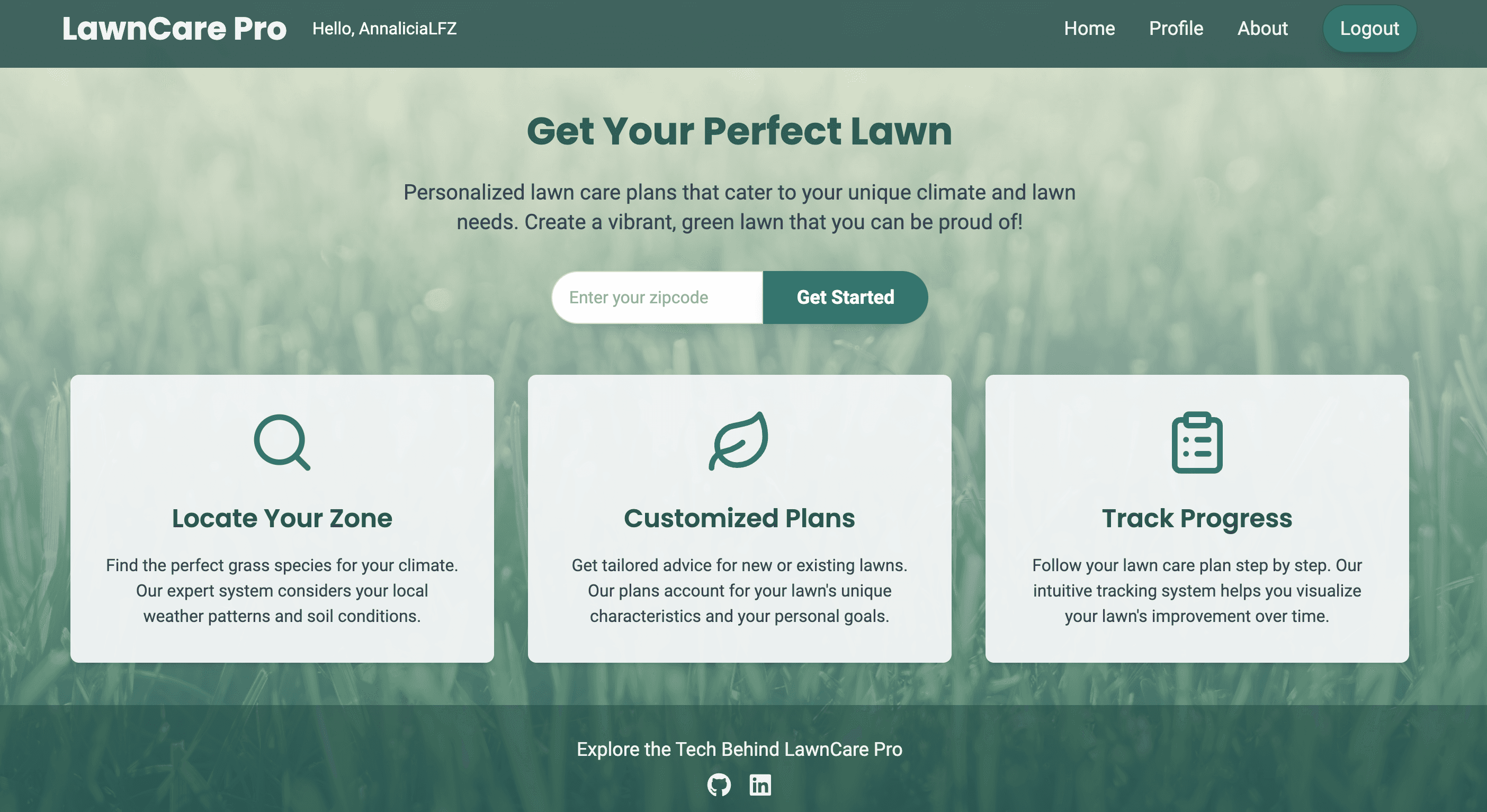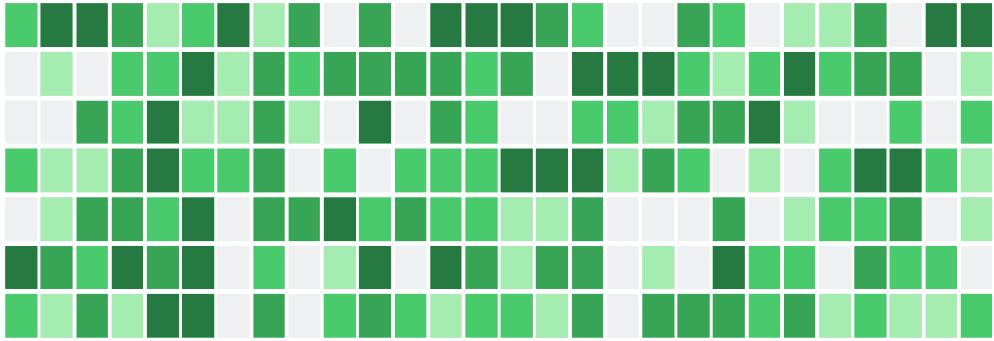Mastering Fundamental Software Design Principles
When it comes to software development, mastering the art of Software Design Principles is your gateway to excellence. At LearningFuze, we understand the importance of these principles in shaping the success of software projects.
As we peel back the layers of software design principles, we discover their profound significance, revealing the foundational aspect of software design principles. Together, we'll explore their essential role and uncover the key to applying them effectively, all while benefiting from the expert guidance and specialized training offered through our cutting-edge bootcamps.
So, let's embark on this enlightening exploration of the building blocks of software design, understanding how they have the power to elevate your skills and projects to new heights.
Simplicity: The Art of Efficiency
The principle of simplicity is the cornerstone of software design. It advocates creating software that is as simple as possible while still achieving its intended purpose. Here is why simplicity matters.
Readability: In our bootcamps, we emphasize that simple code is easy to read and understand. This readability makes it easier for developers to maintain, debug, and extend the software.
Reduced Bugs: Complex software often harbors more bugs. By keeping things simple, we reduce the likelihood of errors and make it easier to spot and fix them.
Scalability: Simple designs are more scalable. As your software grows and evolves, a simple foundation allows for easier expansion and modification.
In LearningFuze bootcamps, we teach you how to embrace simplicity by focusing on writing clear, concise code, using meaningful variable and function names, and avoiding unnecessary abstractions and layers.
Transitioning from Simplicity to Modularity, we delve into another critical facet of software design principles that we emphasize in our software engineering bootcamps.
Modularity: Building for Reusability
Modularity is another crucial principle we emphasize in our bootcamps. It involves breaking down a software system into smaller, self-contained modules, each with a specific and well-defined responsibility. The benefits of modularity include:
Reusability: We teach you that modular code is easier to reuse. Well-defined modules can be used in other projects, saving you time and effort.
Isolation: When issues arise, modular design allows you to isolate problems to specific components, making debugging and maintenance more manageable.
Collaboration: Multiple developers can work on different modules simultaneously without interfering with each other, fostering teamwork and parallel development.
To implement modularity effectively, follow the Single Responsibility Principle (SRP), which states that each module should have one and only one reason to change. This ensures that your modules stay focused and maintainable.
By understanding modularity better, we can move from structuring software components effectively to simplifying complex details and creating high-level, user-friendly interfaces.
Abstraction: Simplifying Complexity
Abstraction, as you'll learn in our bootcamps, involves hiding complex details while exposing only the essential features of a software component. It allows developers to work with high-level, understandable interfaces. The benefits of abstraction include:
Simplified Complexity: Abstraction simplifies the user's interaction with a component, reducing cognitive load.
Encapsulation: It enables encapsulation, which keeps the internal details hidden and protected from external interference.
Ease of Maintenance: Changes to the implementation can be made without affecting the external interface, reducing the risk of introducing bugs.
Flexibility: Abstraction makes it easier to replace or upgrade components without impacting the rest of the system.
At Learning Fuze, we train you to practice abstraction while aligning with the Principle of Least Knowledge (Law of Demeter). This ensures that a module only knows what's necessary for its own function.
Now, let’s shift our focus from streamlining the intricacies of software components to the essential practice of organizing various aspects of your application for clarity and efficiency.
Separation of Concerns: The Art of Clarity
The Separation of Concerns (SoC) principle advocates for dividing a software system into distinct sections, each addressing a separate concern. Concerns can include user interface, data storage, business logic, and more. The key advantages of SoC are:
Maintainability: By separating concerns, you make it easier to modify, replace, or extend each part without affecting the others.
Readability: Code becomes more readable as related functionality is grouped together.
Parallel Development: Different teams or developers can work on separate concerns simultaneously.
Testability: It's easier to create isolated unit tests when concerns are separated.
To implement SoC effectively, consider using design patterns like the Model-View-Controller (MVC) pattern for user interfaces, and ensure that each module or class has a clear and distinct responsibility.
Moving from the art of clarity, let’s delve into how to protect and enhance data and methods in software design.
Encapsulation: Securing Your Code
At LearningFuze, we understand the significance of encapsulation. It's the practice of bundling data and the methods that operate on that data into a single unit, called a class. This unit restricts direct access to some of the object's components, safeguarding the integrity of the data. Encapsulation offers several advantages:
Data Integrity: Our bootcamps emphasize that encapsulation prevents unauthorized access to an object's data, ensuring it remains consistent and valid.
Abstraction: By exposing only necessary methods, encapsulation abstracts the complexity of an object's internal workings, making your code more efficient and maintainable.
Information Hiding: It hides the implementation details, which allows you to change them without affecting the code that uses the object. This enhances flexibility.
Modularity: Encapsulated objects can be used as self-contained modules within your system, promoting reusability and efficient code organization.
The practice of encapsulation aligns with the Object-Oriented Programming (OOP) concept, which encourages modeling real-world objects as classes, each with its attributes and methods.
Let’s now move from ensuring its integrity and efficiency to extending and adapting it without modifying existing code.
Open-Closed Principle: Adapting without Rewriting
LearningFuze bootcamps guide you in embracing the Open-Closed Principle (OCP). It asserts that software entities (classes, modules, functions) should be open for extension but closed for modification. In other words, you should be able to add new functionality without altering existing code. The OCP promotes the following benefits:
Maintainability: With our guidance, you can extend your software without worrying about breaking existing functionality, ensuring long-term viability.
Reusability: Existing classes or modules can be reused without modification, saving development time and effort.
Scalability: The software is open to new features and enhancements without jeopardizing stability.
To apply the OCP, use techniques such as interfaces, abstract classes, and dependency injection to allow for extensions through inheritance and composition rather than modification of existing code.
Next, are shifting focus from the concept of adapting software without rewriting, as outlined in the Open-Closed Principle, to the idea of achieving success through the decoupling of high-level and low-level modules, in line with the Dependency Inversion Principle.
Dependency Inversion Principle: Decoupling for Success
We emphasize the Dependency Inversion Principle (DIP). It focuses on decoupling high-level modules from low-level modules by introducing an abstraction layer between them. It promotes the following advantages:
Flexibility: High-level modules are not tightly bound to low-level modules, making it easier to replace or extend them as your project evolves.
Testability: Isolation between high-level and low-level modules facilitates testing, a crucial aspect of quality software development.
Reusability: Low-level modules can be reused in various contexts without altering high-level modules, promoting efficient code use.
To implement the DIP, our bootcamps teach you to use dependency injection (DI) and inversion of control (IoC) containers. This practice creates loosely coupled components, fostering a more flexible and maintainable architecture.
Another software design principle is one that is common when eliminating redundancy.
DRY (Don't Repeat Yourself): Efficiency through Eliminating Redundancy
The DRY principle is the importance of avoiding redundancy in your code. Repeated code can lead to maintenance headaches and an increased risk of errors. DRY promotes the following benefits:
Maintenance: Discover that changes only need to be made in one place, reducing the risk of inconsistencies.
Readability: Less redundant code means shorter and more readable programs, making your code more accessible to your team.
Reduced Bugs: Fewer duplicated code segments mean fewer opportunities for bugs, ensuring your software remains reliable.
To follow the DRY principle, we encourage you to create reusable functions or classes to encapsulate common logic and use them throughout your codebase.
Lastly, from the concept of eliminating redundancy as a software design principle, we will touch on the idea of staying focused on essential features and functionality in your software design.
YAGNI (You Aren't Gonna Need It): Staying Focused
The YAGNI principle advises against adding functionality or features to your software that are not currently required. It offers the following benefits:
Focus: We emphasize focusing on the features and functionality needed for the current project, avoiding distractions and complexity.
Reduced Development Time: By not implementing unnecessary features, you save development time and resources.
Reduced Maintenance: Fewer unused features mean less code to maintain, keeping your codebase efficient.
YAGNI encourages you to prioritize immediate requirements, allowing you to stay focused on delivering what's essential without unnecessary additions. At Learning Fuze, we guide you through applying these principles effectively in your software design journey.
Mastering Software Design Principles for Excellence
To craft exceptional software, you must master the art of software design principles. These principles are the key to creating robust, maintainable, and adaptable applications that stand the test of time. By embracing and applying software design principles like simplicity, modularity, abstraction, separation of concerns, encapsulation, open-closed, dependency inversion, DRY, and YAGNI, you'll empower yourself to deliver high-quality solutions.
Software design is a blend of art and science, and understanding when and how to apply these principles is the hallmark of a skilled software designer. Keep in mind that the right balance of these principles depends on the unique context and requirements of your project, and seasoned designers know how to judiciously apply them to create the best software for the job.
Start Your Software Career with LearningFuze
If you're eager to embark on your journey as a software engineer and seeking the right guidance to achieve your goals, look no further than LearningFuze. For nearly a decade, LearningFuze has been a trailblazer in preparing students for successful careers in the tech industry, going above and beyond to ensure our students find jobs they're genuinely passionate about.
When you choose to start your path as a software engineer with LearningFuze, you gain access to our comprehensive career services, serving as your gateway to an extensive network of tech employers throughout Southern California.
Our track record speaks volumes: an impressive 94% of LearningFuze students who fully engage with our career services secure jobs in their chosen field within just six months of completing our program.
Employers hold our graduates in high regard because we focus on teaching them real-world skills through hands-on training, making them well-prepared for thriving, long-term careers in software engineering.
But our commitment to your success doesn't end there. LearningFuze offers a wide range of career services, including practice interviews, resume assistance, and access to our extensive network of employers who actively seek out our graduates. Even after you complete one of our courses, you'll retain lifetime access to these invaluable services.
Enroll in one of our software engineering bootcamps, and you'll be primed to kickstart your career at a fraction of the cost of a traditional university education and in significantly less time than completing a single semester of conventional education.
Additional Resources
You might like these

February 28, 2025
The healthcare industry's transformation happens quickly through modern software solutions that enhance the quality of medical services along with operational efficiency and better clinical choices. The transformation of the Healthcare industry depends on four emerging technologies: Artificial Intelligence (AI), telemedicine, the Internet of Things (IoT), and cybersecurity system sophistication.

February 19, 2025
We sourced expert insights and data from industry leaders, tech companies, and research firms to highlight key software development trends shaping the industry.

April 10, 2024
Discover the day-to-day of a full-stack engineer, essential skills, and career path. Join LearningFuze's coding bootcamp with job placement and lifetime access.





